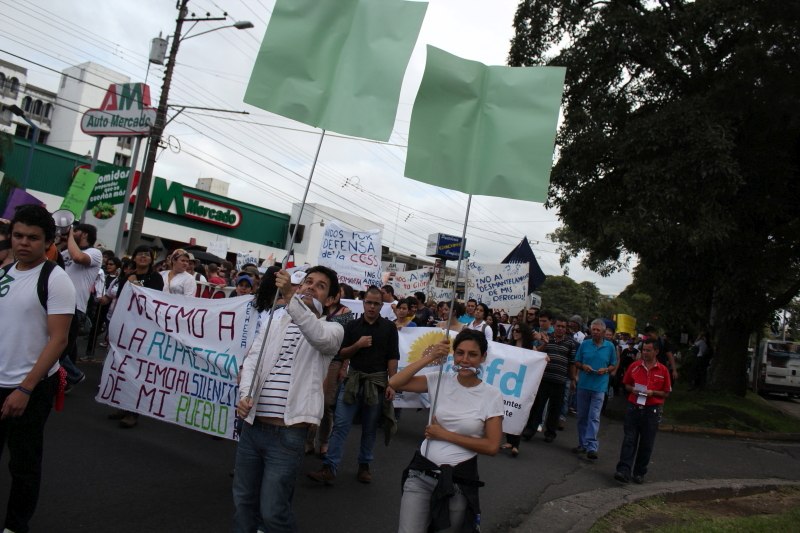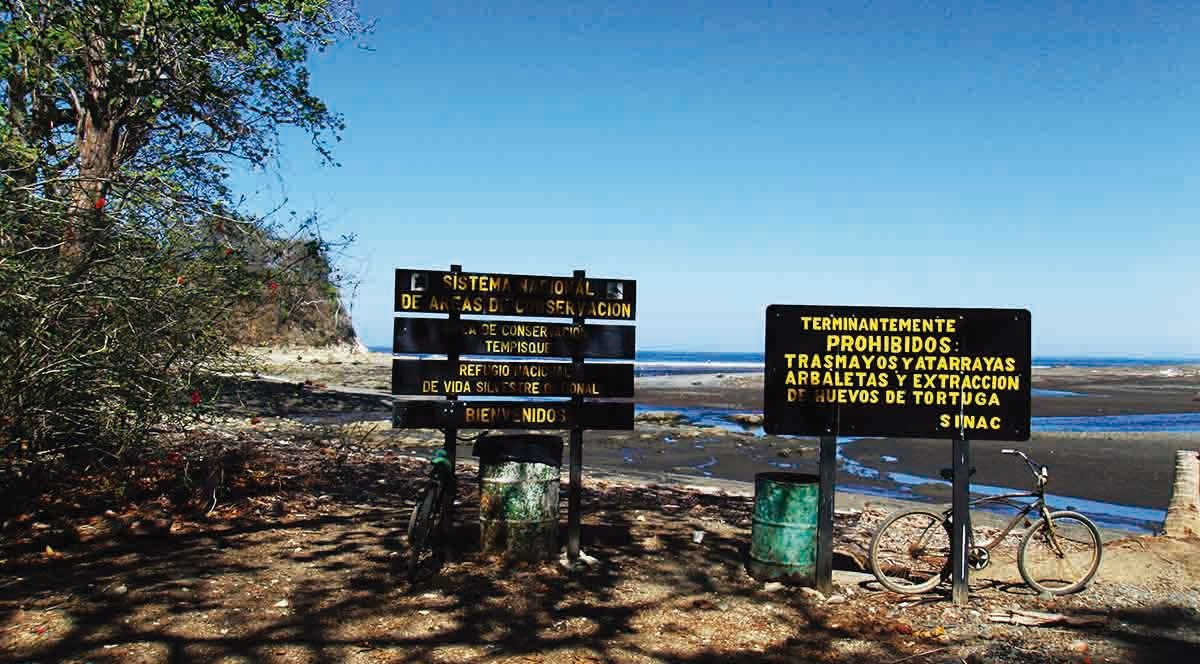
As if it were the end of a suspense novel, the correction to the computer crime law, known as the “gag law”, has finally been approved at the second debate.
Public pressure, and especially from the media, paid off on April 22nd at 5.30pm when 40 legistaros gave their votes in favor at the second debate.
It remains to receive the signature of Laura Chinchilla, President of the Republic, and to be published in the Gazette, the official newspaper.
Once published, the people and the media, will be reassured by the disclosure of any other previously called “political secrets”, without further explanation, as it was published in the previous law, and also as it was for sixty years in the Penal Code.
Now, it is penalized with jail for those who divulge “state secrets”, properly defined by presidential decree.
And it seemed like a soap opera as the awaited correction had to get through a few obstacles, including its failure to call during many of the special sessions that the Executive Branch of the Legislative Assembly handles, as well as a text replacement and countless motions that sought to expand its objective, even freedom of expression.
The latter was the “forgotten” of its publication, since they have made substantial changes, it must again be put out in the official newspaper distribution.
Save all the framework, the final chapter in the Congress came to an end on Monday the 22nd.
For legislator Juan Carlos Mendoza, of Citizen Action, “citizens, journalists, residents, will be able to clearly understand that exposing corruption will not lead to jail time nor does a punishment exist to disclose information of public interest,” he told Elpais.cr, satisfied with its’ final approval.
For the legislator it remains clear, once again, that public pressure works.
All legislators held this almost final chapter of the “gag” except liberationists Jorge Rojas and Victor Hugo Víquez, who voted negatively on the amendment.
With this law “the press is being given the opportunity to continue making a mockery of public officials,” said Víquez, and he also considered that the correction wasn’t enough discussion.
This debt is repaid Congress itself declined to approve cybercrime law nearly a year ago.







Comments